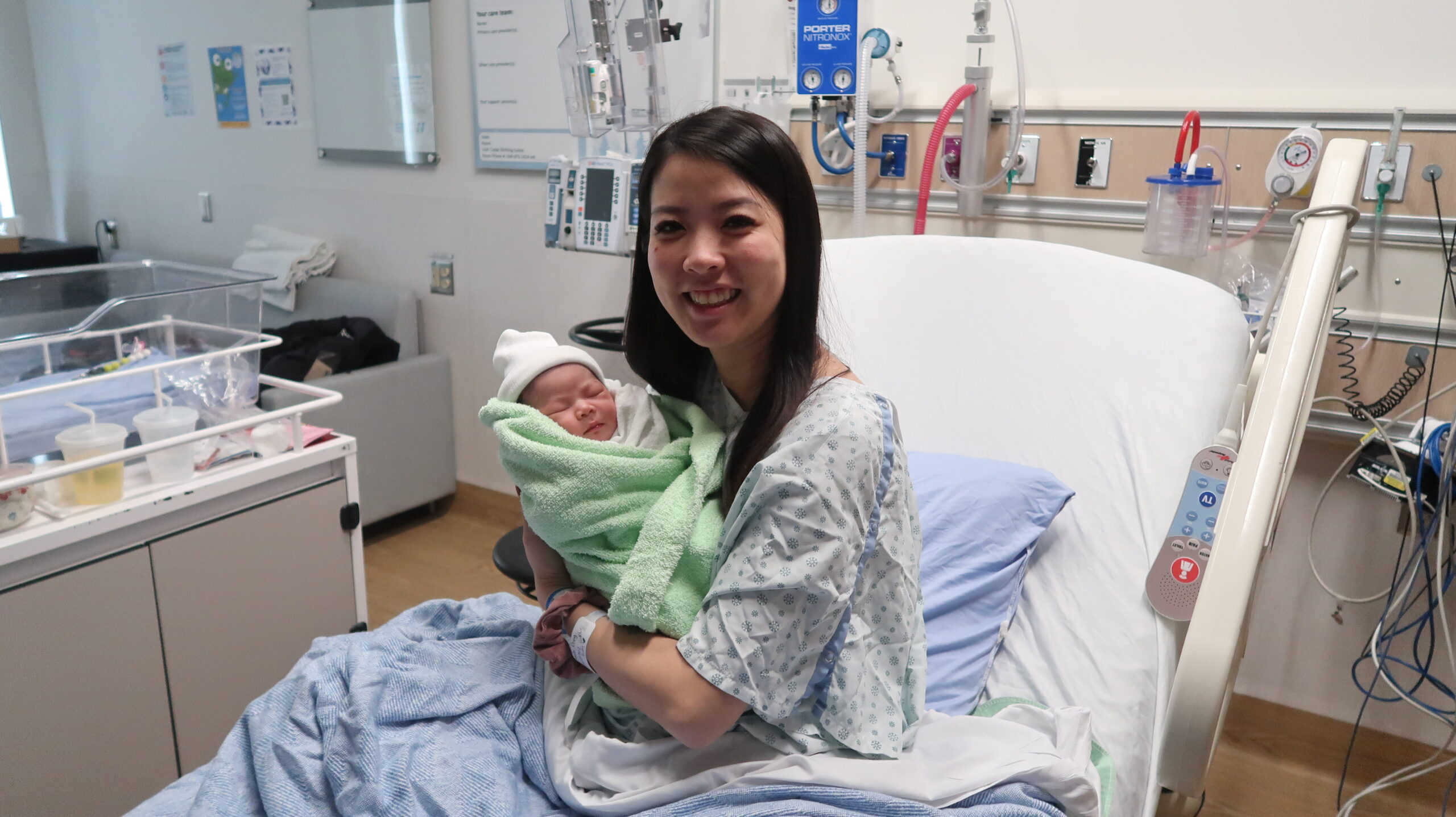
Gender-based violence was dubbed the Shadow Pandemic of COVID-19 by the United Nations.
While public health and isolation measures are evolving in BC, the reality of gender-based violence continues to disproportionately impact women. With decreased access to supports, services, and resources – and a major lack of funding in this area – the safety and well-being of women in our community is at stake.
“I have noticed that isolation during the pandemic has been a tipping point for some people causing the abuse people experience to go from bad to worse, causing women and children to seek immediate shelter from partners.” – Anti-violence sector staff member, EVA BC Survey
Here are ten facts — illuminating why the BC Women’s Health Foundation is partnering with the Ending Violence Association of BC (EVA BC) to raise critical funds and awareness to better support survivors of gender-based violence during these challenging times.
- Both the World Health Organization and the Public Health Agency of Canada have recognized gender-based violence as a significant public health issue. Women, girls, trans, and non-binary people are at highest risk of this kind of victimization.
- Stress, reduced income, food insecurity, alcohol consumption, disrupted family routines, and feeling loss of control are known triggers for violence in the home.
- Almost half of anti-violence sector workers surveyed in British Columbia said they noticed changes in the prevalence and severity of violence, with 82% saying the violence increased and got more frequent.
- Workplace adaptations within the anti-violence sector have taken a toll, with 90% of anti-violence workers in British Columbia reporting negative impacts on their ability to do their work due to pandemic protocol changes.
- In Canada, half of all women have experienced at least one incident of physical or sexual violence since the age of 16.
- Sexual assault remains one of the most underreported crimes in Canada. Only 5% of sexual assaults and 26% of physical assaults experienced by women came to the attention of police.
- Women exposed to intimate partner violence are twice as likely to experience depression.
- 42% of women who have experienced physical or sexual violence at the hands of a partner have experienced serious injuries as a result.
- Approximately every six days, a woman in Canada is killed by her intimate partner.
- There have been over 4,000 missing or murdered Aboriginal women in Canada.
BUILDING ON A PARTNERSHIP
The Ending Violence Association of BC (EVA BC) works collaboratively to create comprehensive province-wide prevention and response systems to support communities impacted by gender-based violence. EVA BC serves as a resource for over 300 community-based services and initiatives supporting survivors of sexual assault, relationship violence, child abuse, and criminal and sexual harassment.
Our Gender-based Violence Campaign is a new $600,000 collaborative effort between our two non-profits. Thanks to the generosity of the Vancouver General Hospital Anesthesiologist team and our Board of Directors we have raised $100,000 towards this Campaign. We have $500,000 left to raise to deliver life-saving resources to women as part of a COVID-19 provincial gender-based violence response.
“One of the most common tactics of an abuser is to isolate their victims. While we’re all doing our best to flatten the curve and self-isolate this is exactly the dynamic that abusers use. It can be very dangerous” – Tracy Porteous, Executive Director of EVA BC.
HOW EVA BC SUPPORTS SURVIVORS
Isolation policies create serious challenges for women at risk of violence, and for those trying to provide support services. Funding for virtual communications platforms and direct assistance will allow women’s shelters, transition houses, and organizations across the province to support women who are experiencing violence.
Every contribution — small or large — will directly support:
- Conference call lines for risk assessment and safety planning.
- Protocols for fast tracking cases directly to provincial authorities including the police, corrections, child protections, and family law.
- Essential service designations for all EVA BC programs, so that they can continue to do hospital and police accompaniments.
- Cell phones for survivors who are at the highest risk of domestic violence, as well as the front line workers supporting them.
- PPE for over 230 front line programs.
- An ongoing series of information bulletins, newsletters, and PSA’s highlighting the relationship between COVID-19 and gender-based violence.
HOW YOU CAN GET INVOLVED
- Make a donation today or contact Carleen Pauliuk, Senior Director of Philanthropy, to learn more about our Gender-based Violence Campaign
- Buy a limited edition “Ending Violence Together” mask – a special collaboration between BCWHF and EVA BC where 100% of net proceeds will fund prevention and response programs against gender-based violence across the province.
- Follow EVA BC on Twitter, and Facebook.
- Raise awareness by sharing this article and using the hashtag #SupportWomenProtectOthers. The more we speak about gender-based violence, the more it will become an issue that can not be ignored.
KEEP LEARNING
- Pandemic Meets Pandemic – a national survey of the impacts of the pandemic on gender-based violence, by the Ending Violence Association of BC (EVA BC)
- Breaking the silence – a profile on Tracy Porteous
- More than we know – our article on intimate partner violence
- Shifting the public discourse – an interview with Genesa Greening and Tracy Porteous.
BC Women’s Health Foundation is BC’s largest non-profit organization dedicated to advancing the full spectrum of women’s health. The information shared is intended to educate, inform, and point readers to credible sources. It is not intended to substitute professional medical advice.
If you or someone you know is experiencing gender-based violence — VictimLinkBC is available 24-7 in multiple languages. It can be reached toll-free by calling 800-563-0808 or emailing VictimLinkBC@bc211.ca. The service is confidential and available across BC and Yukon.



